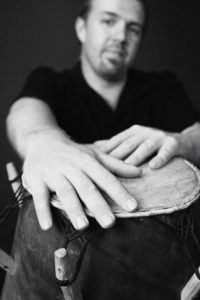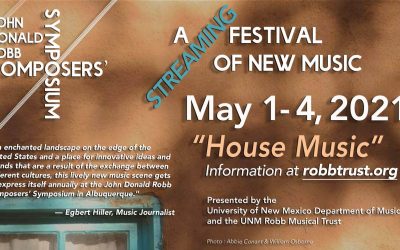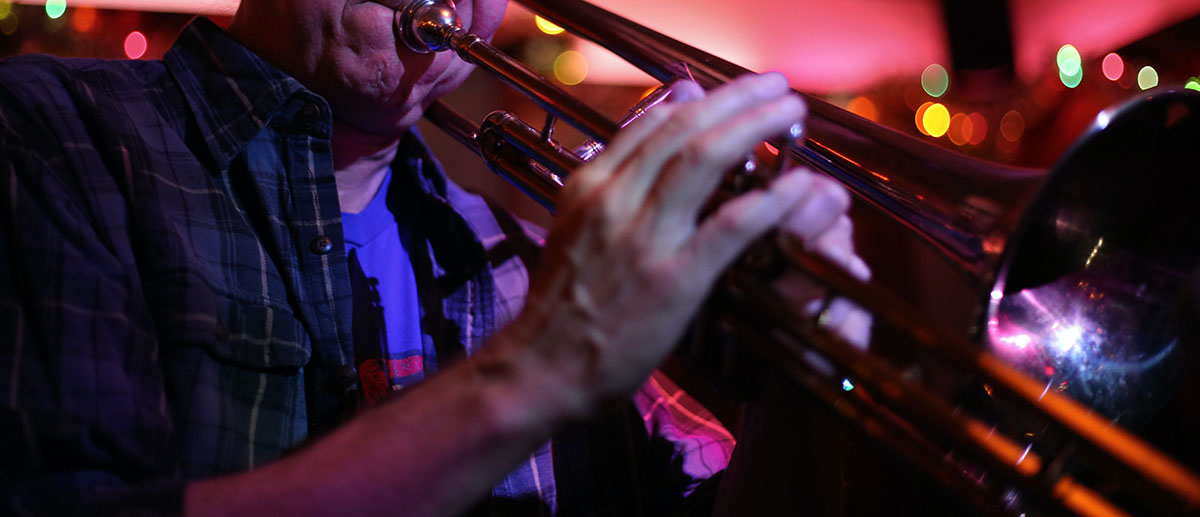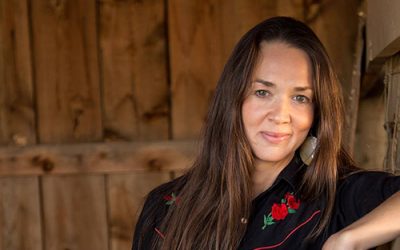Dr. Michael Vercelli
Clinic/master class on West African Gyil Performance
Tuesday, October 25, 2016
2:00 – 3:00
Room B120
 Dr. Michael B. Vercelli is the director of the World Music Performance Center at West Virginia University. Michael holds a Doctor of Musical Arts degree in Percussion Performance with a minor in Ethnomusicology from the University of Arizona. While well versed in the classical percussion repertoire, Michael’s specialty lies in non-Western instruments. He has studied the traditional music of other countries and done fieldwork in Bali, Cuba, Brazil, and primarily, Ghana. Dr. Vercelli has received many awards for both his performance and study of indigenous music such including a WVU Faculty Senate Research Grant for his project – “Remembering the Hunters: Preservation through Performance of the Ritual Birifor Funeral Music of Ghana.” At WVU, Dr. Vercelli also directs summer study abroad courses to Ghana and Brazil, focusing on music, dance and cultural emersion. Dr. Vercelli is a contributing author to the World Percussion chapter in the third edition of Gary Cook’s Teaching Percussion. He is a participating member in the Society for Ethnomusicology and Percussive Arts Society where he serves on the World Percussion Committee. Michael has given lectures, performances and workshops, across the United States, Mexico, Brazil, China and Iceland, and is a founding member of the Zumbumba Percussion Trio.
Dr. Michael B. Vercelli is the director of the World Music Performance Center at West Virginia University. Michael holds a Doctor of Musical Arts degree in Percussion Performance with a minor in Ethnomusicology from the University of Arizona. While well versed in the classical percussion repertoire, Michael’s specialty lies in non-Western instruments. He has studied the traditional music of other countries and done fieldwork in Bali, Cuba, Brazil, and primarily, Ghana. Dr. Vercelli has received many awards for both his performance and study of indigenous music such including a WVU Faculty Senate Research Grant for his project – “Remembering the Hunters: Preservation through Performance of the Ritual Birifor Funeral Music of Ghana.” At WVU, Dr. Vercelli also directs summer study abroad courses to Ghana and Brazil, focusing on music, dance and cultural emersion. Dr. Vercelli is a contributing author to the World Percussion chapter in the third edition of Gary Cook’s Teaching Percussion. He is a participating member in the Society for Ethnomusicology and Percussive Arts Society where he serves on the World Percussion Committee. Michael has given lectures, performances and workshops, across the United States, Mexico, Brazil, China and Iceland, and is a founding member of the Zumbumba Percussion Trio.
THE JOHN DONALD ROBB COMPOSERS’ SYMPOSIUM 2021 “HOUSE MUSIC”
THE JOHN DONALD ROBB COMPOSERS’ SYMPOSIUM 2021 “HOUSE MUSIC”STREAMING FESTIVAL OF NEW MUSIC May 1 – May 45 – 8:30 PM Since 1972, the internationally renowned symposium has brought composers and musicians from around the world to UNM for a series of public concerts and...
Dr. Karl Hinterbichler receives the Ken Hanlon Award from International Trombone Association
Dr. Karl Hinterbichler receives the Ken Hanlon Award from International Trombone Association The Kenneth Hanlon Award recognizes an individual that contributes greatly to the InternationalTrombone Association (ITA) and the trombone world with a spirit of generosity...
Dr. Kristina Jacobsen wins award for an article
Dr. Kristina Jacobsen wins award for an article The article ‘Don’t Even Talk to Me if You’re Kinya’áanii [Towering House]’: Adopted Clans, Kinship, and ‘Blood’ in Navajo Country” was awarded “the most thought-provoking article in Native American and Indigenous Studies...



